Virat Kohli, one of the most celebrated cricketers in the world, recently found himself at the center of an unexpected social media storm. The reason? A simple Instagram like. Kohli, who has a massive following of over 271 million on Instagram, reportedly liked a post by Bollywood actress Avneet Kaur. This seemingly trivial action led to widespread speculation, moral policing, and unnecessary controversy.
But is a mere social media interaction enough to question someone’s character or loyalty? Let’s dive into the issue and explore why digital outrage needs a reality check.
The Incident: What Really Happened?
On May 2, 2025, Virat Kohli took to Instagram to wish his wife, Bollywood actress Anushka Sharma, a heartfelt birthday message. However, amidst his social media activity, eagle-eyed fans noticed that Kohli had liked a series of posts by Avneet Kaur. This led to an avalanche of reactions, with some questioning his intentions and others speculating about his personal life.
The controversy escalated quickly, with memes, debates, and moral judgments flooding the internet. Some users even tagged Anushka Sharma in posts, fueling unnecessary gossip. However, Kohli later clarified that the interaction was unintentional, possibly caused by an algorithmic glitch while clearing his feed3.
.jpg)
The Problem with Social Media Scrutiny
Social media has become a space where every action is dissected, analyzed, and often blown out of proportion. The trend of equating digital interactions with personal values is not only misleading but also harmful. Here’s why:
- Likes Do Not Define Loyalty A single like on Instagram does not indicate a person’s intentions or character. In Kohli’s case, it was an innocent interaction that was misinterpreted.
- Digital Outrage is Often Misguided The internet thrives on controversy, and minor incidents are often exaggerated for engagement. Kohli’s like became a trending topic, overshadowing more significant discussions.
- Privacy and Personal Boundaries Matter Celebrities, despite their public presence, deserve privacy. Constant scrutiny of their online activity can lead to unnecessary stress and misinformation.
Lessons to Learn from This Controversy
Instead of jumping to conclusions, social media users should practice responsible engagement. Here are a few takeaways:
- Think Before Reacting: Not every online interaction has a hidden meaning.
- Respect Privacy: Celebrities are entitled to personal space, just like everyone else.
- Avoid Moral Policing: Judging someone based on a social media like is unfair and baseless.
Read More:
- Will Ananya Pandey play ‘Manjulika’ in ‘Bhool Bhulaiyaa 4’? Kartik Aaryan’s post gave a hint
- Dharmendra Hospitalised: Veteran actor Dharmendra’s health deteriorates, admitted to Breach Candy Hospital in Mumbai
- Sonakshi Sinha gets angry after seeing the leaked photo of pregnant Katrina Kaif, says – “You are no less than criminals…”
- Aishwarya Rai is richer than Abhishek Bachchan, how much is the actress’s net worth? Find out.
- Did Rakhi Sawant really sell both her kidneys for Salman? She said…’With the money she got, she bought valuable things…
Virat Kohli‘s Instagram like was nothing more than a fleeting digital interaction. Yet, it sparked unnecessary controversy, highlighting the growing issue of social media scrutiny. As users, we must learn to differentiate between genuine concerns and exaggerated outrage.
This whole situation serves as a reminder of how quick we are to judge in the age of digital scrutiny. Virat Kohli‘s Instagram like—an action so fleeting—was turned into a spectacle without real cause. It’s crucial to recognize the difference between genuine news and unnecessary noise, especially when celebrities are involved.
At the end of the day, a like is just a like. Social media shouldn’t dictate someone’s character or relationships. As users, we need to pause before fueling speculation and remember that not everything deserves an internet-wide debate.
Let’s focus on meaningful discussions rather than fleeting controversies. What do you think? 😊
It’s time to take a step back, breathe, and remember—sometimes, a like is just a like.







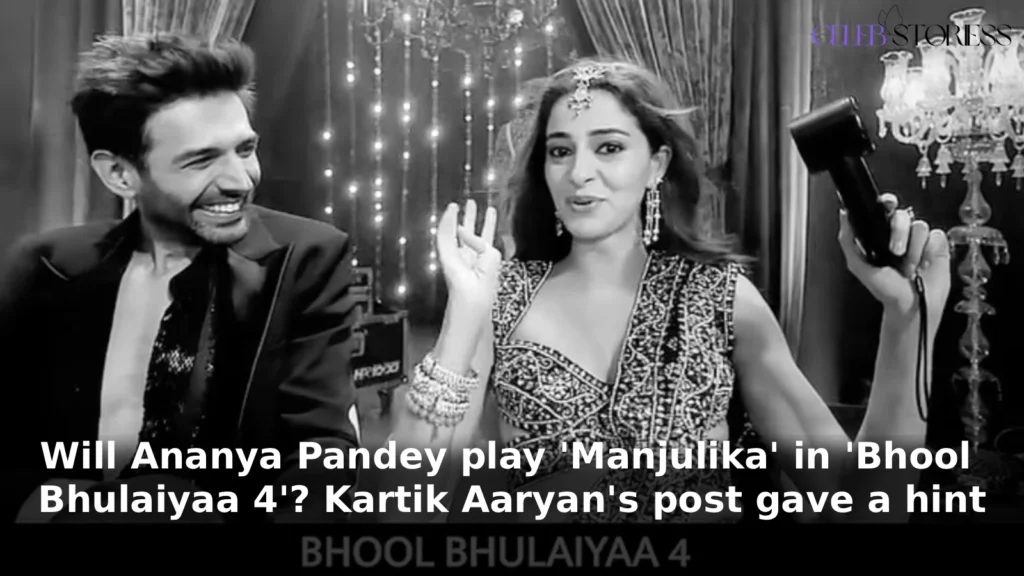


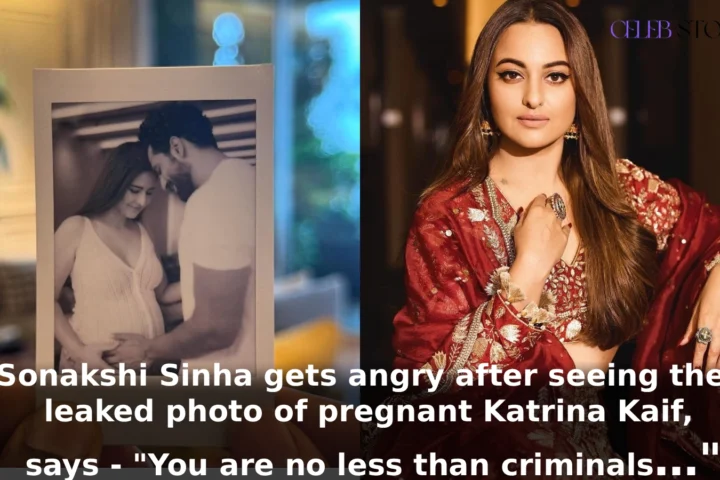
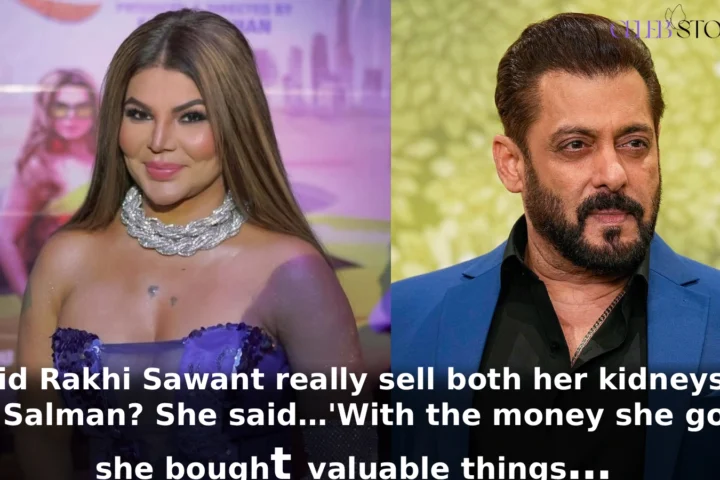
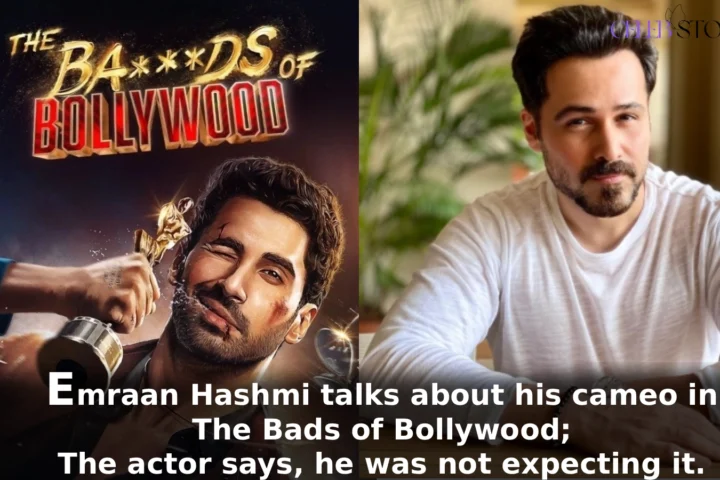
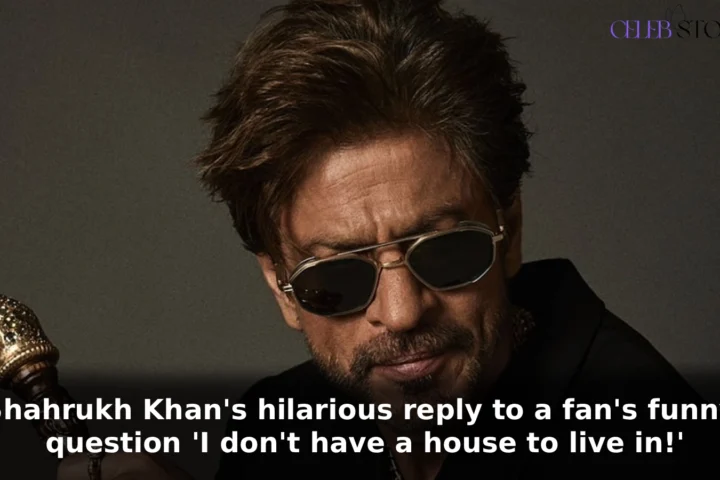


Leave feedback about this